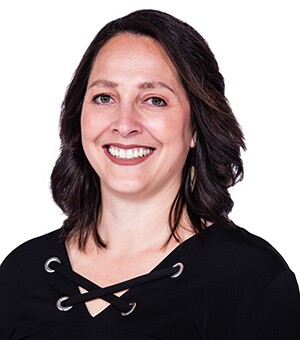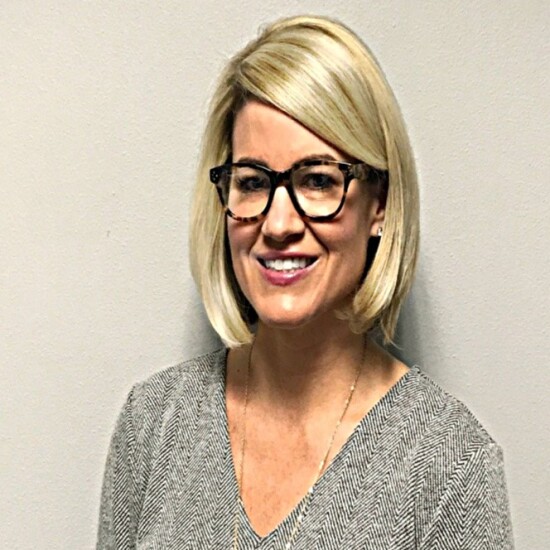This year’s group of standout advisers ages range from 25 to 44, and they are taking charge of and innovating the employee benefit supply chain as the workplace faces tremendous challenges from an increasingly segmented, multi-generational workforce.
The 2020 Rising Stars in Advising — chosen by the Employee Benefit Adviser editorial team after a month-long process — represent a new generation of leaders from around the country who are tackling issues of wellness, healthcare and benefit offerings with new perspectives. Listed in alphabetical order, these 20 leaders are active community and industry mentors who are taking the field of advising to new heights.


























